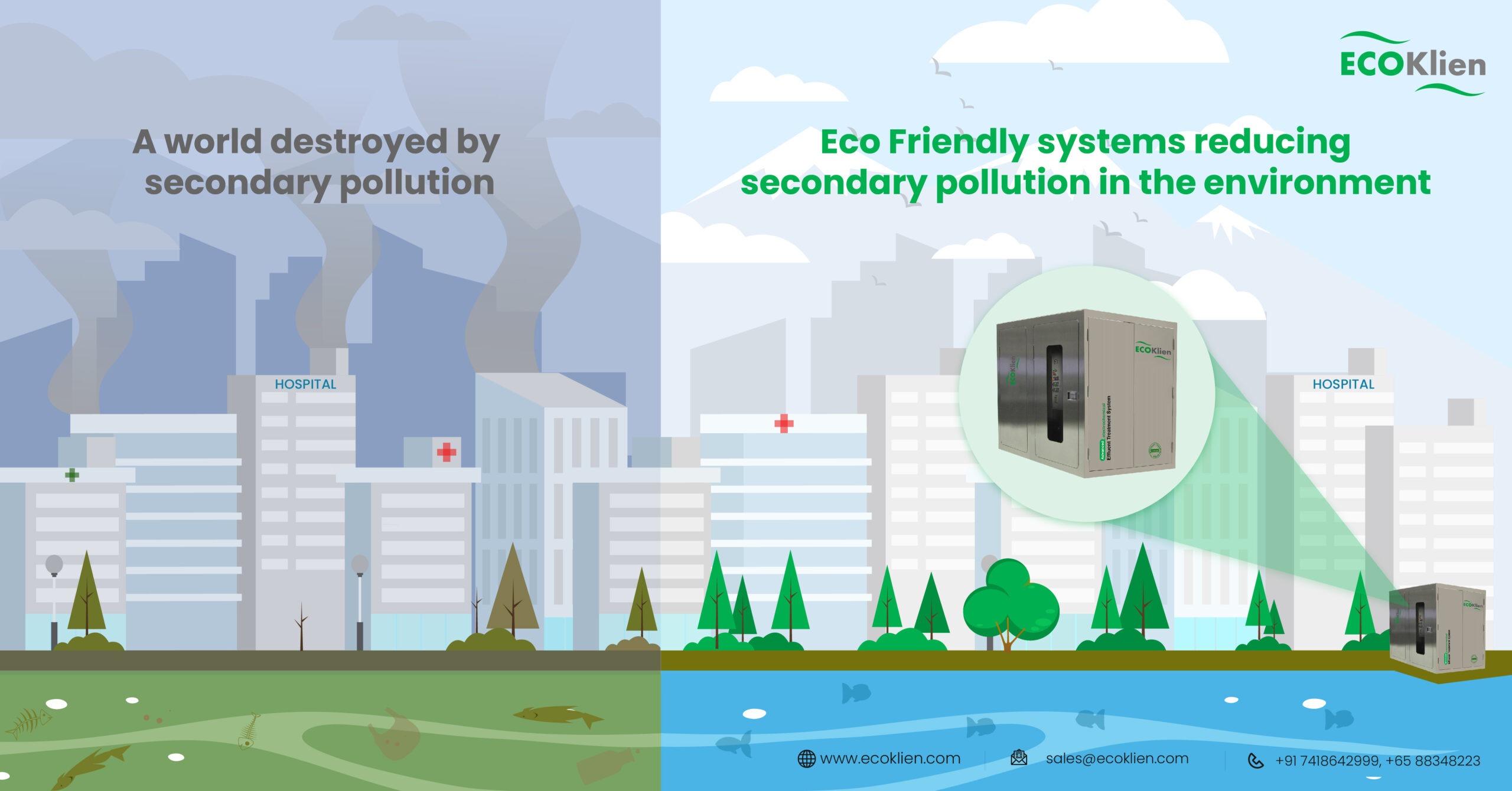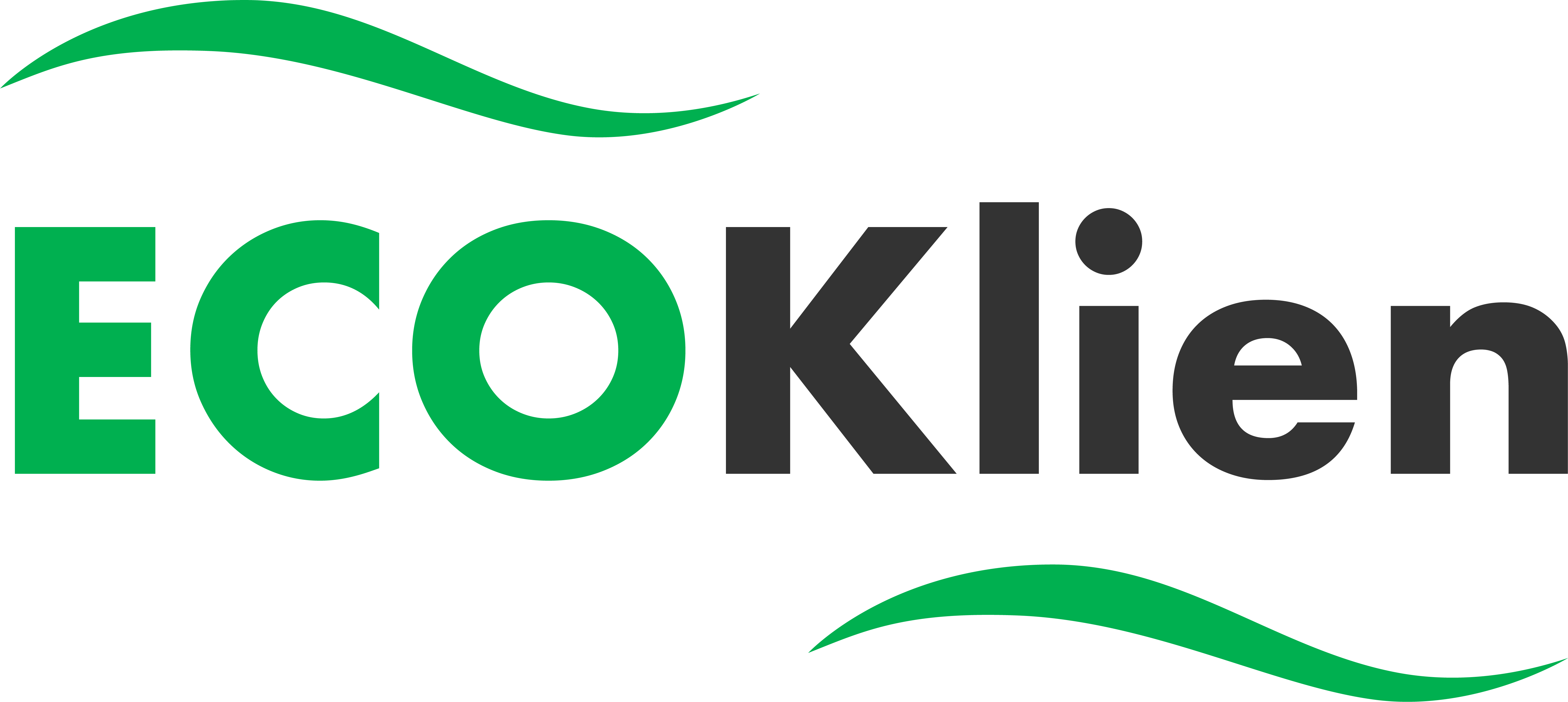
(Prefer video content?Watch THIS…)
Biomedical liquid waste and hospital effluent, if not treated properly, can have significant and far-reaching effects on the environment
The Problem of Biomedical Liquid Waste and Hospital Effluent:
1. Contaminated Water Bodies: Improper disposal or inadequate treatment of biomedical liquid waste and hospital effluent can lead to the contamination of water bodies, such as rivers, lakes, and oceans. Harmful pathogens, chemicals, and pharmaceutical residues from the waste can leach into these water sources, posing a threat to aquatic life and ecosystems.
2. Groundwater Pollution: The liquid waste that seep into the ground can contaminate groundwater, which is a crucial source of drinking water for many communities. This pollution can render groundwater unsafe for consumption, leading to health risks for humans and animals.
3. Soil Degradation: Improper disposal of the solution can also result in soil contamination. Toxic substances from the liquid waste can accumulate in the soil, affecting its quality and fertility. This can have a negative impact on agricultural activities and plant growth.
4. Airborne Pollution: Incineration without proper control can release harmful pollutants and toxic gasses into the air. These emissions contribute to air pollution, affecting air quality and potentially leading to respiratory problems for nearby communities.
5. Spread of Diseases: The effluent may contain infectious agents, viruses, and bacteria. If not treated adequately, these pathogens can spread through the environment, posing a risk to human health, wildlife, and domestic animals.
6. Ecological Imbalance: The introduction of hazardous substances from untreated effluent can disrupt ecological balances in natural habitats. This can lead to shifts in species composition, declines in biodiversity, and overall ecosystem instability.
7. Microbial Resistance: Improper disposal can contribute to the development of antimicrobial resistance. When antibiotics and pharmaceuticals enter the environment through untreated liquid waste, they can contribute to the emergence of drug-resistant microorganisms, making infections harder to treat.
8. Long-Term Impact: The effects of untreated effluent can persist for a long time, with far-reaching consequences for generations to come. The accumulation of toxins in the environment can have chronic and cumulative impacts on both human and environmental health.
The Solution:
Proper treatment of biomedical liquid waste and hospital effluent is crucial to mitigate these adverse effects and protect the environment. ECOKlien’s Biomedical and Hospital Effluent Treatment Systems offer an advanced and comprehensive solution to address these challenges, ensuring that these hazardous wastes are treated effectively, minimizing their impact on our delicate ecosystems.
